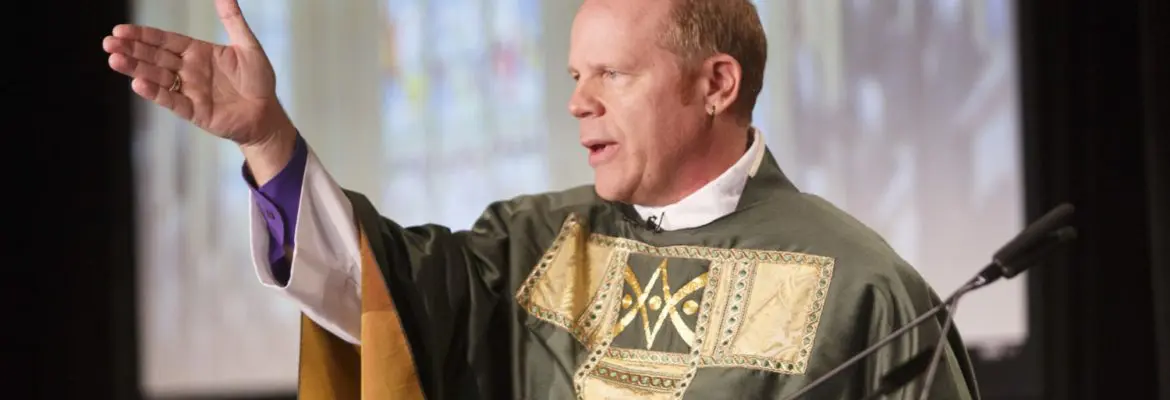
Dear Friends,
In previous years, I have written about Remembrance Day – honouring those who paid the ultimate sacrifice for the sake of our country, democratic freedoms and human rights. I’ve written about the horrors of war and the sinful violence that desecrates God’s creation and the human family. I’ve written about our duty as Christians to be brokers of peace, to witness to the reconciling love of Jesus Christ in all troubled places of our world – both at home and abroad.
This year, I am troubled by the ongoing situation in the Middle East. The initial terrorist action of Hamas on Oct. 7 – the massacre of 1,400 Israelis, most of them civilians – was the worst single day killing of Jews since the Holocaust. The subsequent military response from Israel – a month of retaliatory strikes on Gaza – has resulted in 10,000 Palestinian civilian deaths, including 4,000 children.
The loss of life is almost incomprehensible. And still it continues.
And the ripple effect is real. Here at home in Canada, we know that demonstrations on both sides have turned ugly. Anti-Semitic and anti-Islamic or anti-Palestinian words and actions are on the rise. People feel, and are, threatened. Positions have become entrenched. Hearts are hardened.
“Lest We Forget” is usually attributed to a poem by Rudyard Kipling, but it actually originates in the Book of Deuteronomy: But take care and watch yourselves closely, [lest you forget – KJV] the things that your eyes have seen nor to let them slip from your mind all the days of your life; make them known to your children and your children’s children. (Deut.4:9) I wonder sometimes, however, if our desire to remember the killings and destruction, the injustices and atrocities, can sometimes lend itself to perpetuating cycles of violence. I come from Quebec, where the provincial motto (seen on all the licence plates) – “Je Me Souviens” – is a defiant reminder of long-standing grievances that influence its political life and decision-making to this day.
In an interview this morning on the CBC Radio One program, The Current, host Matt Galloway spoke to Canadian actor R.H. Thomson about his memoir, By the Ghost Light: Wars, Memory, and Families. He recounts the effect of losing seven great uncles who fought in WWI. There is a line in the interview that I keep mulling over in my mind. “War is an ancient virus that we keep alive with our imaginations.”
There is of course an antidote for such a virus. “But I say to you, love your enemies, and pray for those who persecute you…” Even on the cross itself, Jesus prayed, “Father, forgive them, for they do not know what they are doing.”
The Mennonites use the phrase “To Remember is to Work for Peace.” This Remembrance Day, Mary and I will begin the day by attending the ceremony at Prospect Park, where a member of her family, George Farlie, a WWI veteran, is buried. I will remember the fallen, yes, and I will also do my part to work for peace. I urge you to do the same. You can write to your political leaders, as our Primate, Archbishop Linda Nicholls, and National Lutheran Bishop Susan Johnson have already done, urging for a call to a ceasefire. I commend to you the open letter written by Bishop Michael Curry, Presiding Bishop of The Episcopal Church in the USA, in which he writes, simply and powerfully, “Every human child of God — Palestinian and Israeli – deserves safety and security. We need to stop the killing. Today.”
This Remembrance Day, let us remember, work and pray more fervently than ever for the true and lasting Peace of God, which surpasses all understanding.
Yours in Christ,
The Rt. Rev. Andrew Asbil
Bishop of Toronto